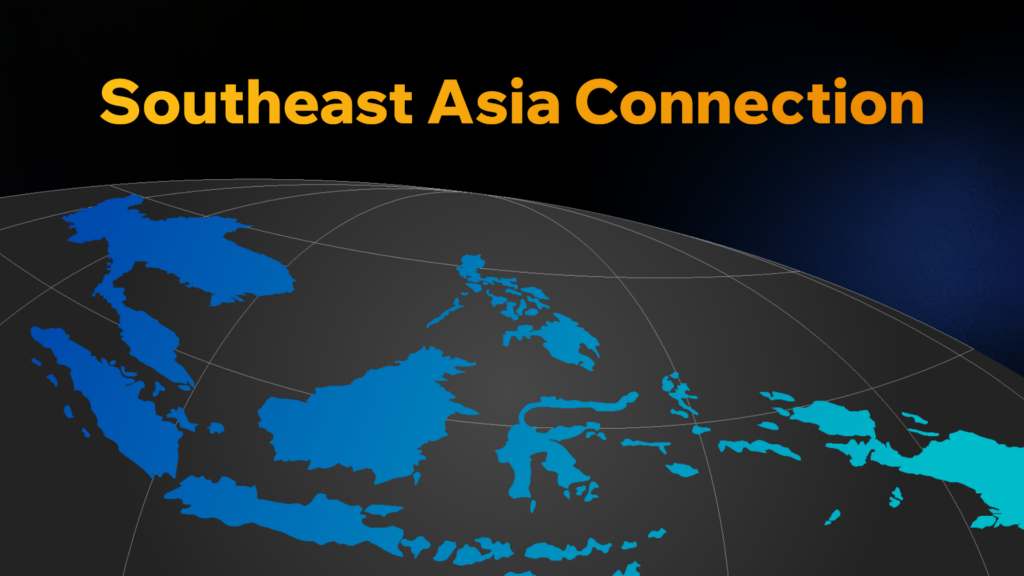
Southeast Asia, with over 655 million people, presents an enormous market for telecommunications. In recent years, the demand for high-speed internet, mobile connectivity, and cross-border communication has surged, making telecom infrastructure a cornerstone of the region’s digital economy. Large-scale investments in fiber optics, submarine cable networks, and 5G technology have enabled robust interconnections across Indonesia, Malaysia, Singapore, Thailand, and other ASEAN countries. These projects aim to ensure seamless communication across borders and strengthen regional interdependence.
Digital Transformation Across Southeast Asia
As digital transformation sweeps through Southeast Asia, the telecom industry becomes a vital player in this transformation. Through enhanced digital infrastructure, telcos support the transition from cash-based economies to digitally driven markets. Digitalization of sectors like healthcare, education, and finance depends on reliable telecom services, which enables everything from remote medical consultations to e-learning platforms and mobile banking. The telecommunications sector, thus, is not only a business ecosystem but also a facilitator of progress in virtually every other sector.
Top Players in Southeast Asia’s Telecom Industry
The region is home to influential telco companies like Singapore Telecommunications (Singtel), Malaysia’s Maxis, Thailand’s AIS, and Indonesia’s Telkom. These players, often collaborating on cross-border projects, compete while also cooperating to provide comprehensive coverage across Southeast Asia. Partnerships and investments from international giants such as Huawei and Ericsson also contribute to bolstering the region’s telecom capabilities.
Role of ASEAN in Advancing Telecom Connectivity
ASEAN has been instrumental in fostering cooperation in telecommunications through policies and initiatives like the ASEAN ICT Masterplan. Such plans aim to promote technological advancement, build stronger interconnections, and lower regulatory barriers. By facilitating cross-border telecom initiatives, ASEAN helps in shaping an integrated telecom framework that benefits citizens and businesses across the region.
Growing Demand for Data and Mobile Services
With mobile phones outnumbering the population in many Southeast Asian countries, the appetite for data consumption has been insatiable. The shift to remote work and e-learning during the pandemic further increased this demand, highlighting the necessity for reliable high-speed data services. Telecom providers in the region have responded by investing heavily in 4G and 5G technologies, with the rollout of advanced networks aimed at meeting the needs of millions of users.
Infrastructure Investments Fueling Connectivity
Significant investments in infrastructure are enhancing connectivity across Southeast Asia. Key projects include the development of submarine cables like the Southeast Asia-Japan Cable Network (SJC) and SEA-ME-WE cable system, which ensure high-speed data transmission across countries. Additionally, telecom companies are expanding fiber optic networks and building data centers to provide the necessary backbone for a digitally connected economy.
5G Rollout Across Southeast Asia
Countries in Southeast Asia have embarked on their journey toward 5G implementation, albeit at different paces. Singapore, for instance, has been a front-runner with full 5G coverage expected by 2025. In contrast, larger and more geographically fragmented nations like Indonesia face unique challenges in terms of deployment. However, as more infrastructure investments pour into the region, the 5G rollout promises to revolutionize the way people work, communicate, and engage in digital activities.
Impact of the Southeast Asia-Japan Cable Network (SJC)
The Southeast Asia-Japan Cable Network (SJC) is a critical infrastructure for internet connectivity, linking Southeast Asia with East Asia and providing one of the fastest data pathways in the region. This network plays a significant role in digital commerce and information exchange, with its high-speed capability supporting the data needs of businesses and governments alike.



